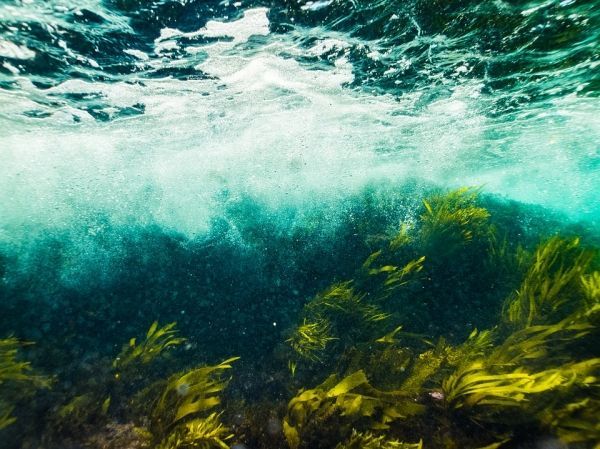A new study by Tel Aviv University and Berkeley University proposes a model according to which the establishment of seaweed farms near river estuaries significantly reduces nitrogen concentrations in the river and prevents environmental pollution in streams and oceans. The study was headed by doctoral student Miron Zulman, under the joint counseling of Prof. Alexander Golberg of the Porter School of Environmental and Earth Sciences and Prof. Alexander Liberzon of the School of Mechanical Engineering at Tel Aviv University. The study was conducted in collaboration with Prof. Boris Rubinsky of the Faculty of Mechanical Engineering at the University of Berkeley. The study was published in the prestigious journal Communications Biology.
As part of the study, the researchers built a large kelp seaweed farm model for growing Mediterranean stalk kelp near the Alexander River estuary, hundreds of meters from the open sea. The Alexander River was chosen because the river discharges polluting nitrogen from nearby upstream fields and settlements into the Mediterranean Sea. Data for the model were collected over two years from controlled cultivation studies.
Researchers explain that nitrogen is a necessary fertilizer for agriculture, but it comes with an environmental price tag. Once nitrogen reaches the ocean, it disperses randomly, damaging various ecosystems. As a result, the state currently spends a great deal of money on treating nitrogen concentrations in water, and there are international agreements that limit nitrogen loading in the oceans, including in the Mediterranean Sea.
Read more at Berkeley University
Photo Credit: BenPixabay via Pixabay


